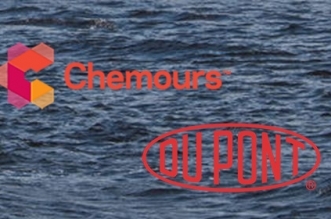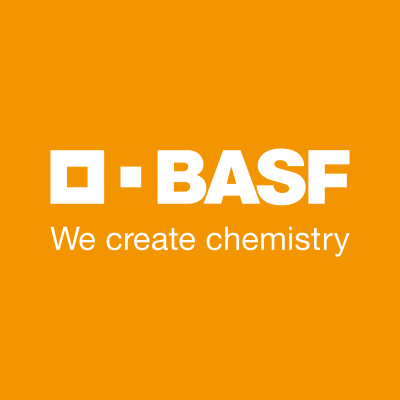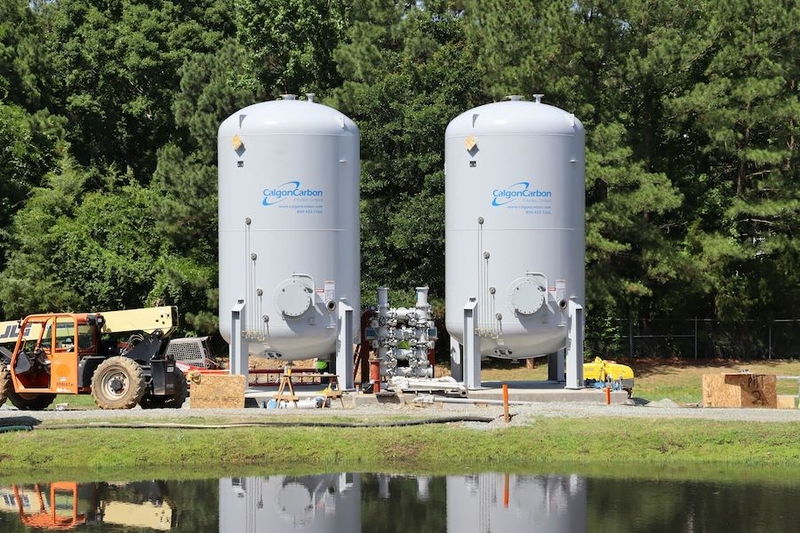Pittsboro sues 20 companies, including 3M, Chemours, DuPont over PFAS contamination in town drinking water


The lawsuit was filed yesterday in Chatham County Superior Court. It asks the court to force the companies to reimburse the town for expenses related to reducing PFAS in drinking water, plus damages related to “loss of use” and the degradation of natural resources.
The town is requesting a trial to determine additional punitive damages, which can be assessed if a judge or jury finds the conduct was intentional, fraudulent or malicious.
PFAS, also known as perfluorinated and polyfluoroalkyl substances, are widespread in the environment. They are used in manufacturing or are byproducts of that process. The compounds are present in Teflon-coated cookware, water- and stain-proof clothing, cosmetics, furniture, fast food packaging, microwave popcorn bags, pizza boxes and some types of firefighting foam, known as AFFF.

Pittsboro’s drinking water supply, the Haw River, have some of the highest levels of PFAS in the state, according to sampling conducted by scientists with the NC PFAS Testing Network.
Blood sampling of 206 Pittsboro residents who are on public water showed PFAS levels well above the national median, and even higher than that found in people living downstream or near the Chemours plant in Fayetteville, according to a 2021 study.
“Defendants knew or should have known that PFAS present significant risks to human health and welfare if released to the environment,” the filing reads.
“Nonetheless, they continued manufacturing, distributing and selling large volumes of PFAS products to industrial facilities and consumers in the Haw River watershed, knowing that ordinary use and disposal of those products would result in significant PFAS contamination” of the river, the town and its drinking water.
A 3M spokesperson provided a statement to Policy Watch via email:
“3M acted responsibly in connection with products containing PFAS – including AFFF (aqueous film-forming foam) – and will vigorously defend its record of environmental stewardship. AFFF was a critical tool developed to serve an important need for military service members and other responders facing potentially life-threatening challenges.”
A Chemours spokesperson said the company can’t comment on litigation.

PFAS are toxic at extremely low concentrations — at parts per quadrillion — according to recent EPA health advisory levels. Exposure to PFAS has been linked to kidney and testicular cancer, low birth weight, high blood pressure during pregnancy, thyroid disorders, elevated cholesterol and other serious health conditions.
There are at least 10,000 types of PFAS, They are known as “forever chemicals” because they don’t break down in the environment, where they can linger for hundreds of years.
These compounds enter the Haw River from upstream sources, such as industrial dischargers, wastewater treatment plants and biosolids — sludge from those plants that is applied on land as fertilizer. PFAS can then seep into the groundwater and when it rains, can enter rivers and streams.
Airports are also a source of PFAS because of firefighting training exercises that use AFFF.
Traditional water and wastewater treatment technologies can’t remove PFAS. Last year Pittsboro installed a granular activated carbon system, known as a GAC, which reduced PFAS levels in drinking water by 86-88%, according to town sampling data.

However, those systems are expensive. Pittsboro spent $3.5 million on the system; the funding came from grants and town coffers — taxpayer money.
The lawsuit alleges that the defendant companies knew their products were toxic. Yet they still marketed and sold large volumes of PFAS Products” to industry and consumers in the Haw River watershed, “while simultaneously concealing end misrepresenting the human health and environmental risks posed by those products.”
As early as 1960, 3M knew that PFAS could leach into groundwater and contaminate the environment, according to the court filing. An internal memo from that year concluded that PFAS manufacturing “would eventually reach the water table and pollute domestic wells.”
3M announced last month that it would no longer manufacture PFAS and “work to discontinue the use” of the compounds in its products by the end of 2025.
Likewise, DuPont knew in the 1960s and 1970s that PFOA, one of the thousands of types of PFAS, could harm human health, according to internal company data cited in the filing. By 1980, DuPont “had internally confirmed that PFOA is ‘toxic,’ and that ‘continued exposure is not tolerable’.”
Facing millions of dollars in damages from previous lawsuits in Ohio and West Virginia. DuPont spun off a separate company, Chemours, in 2015. Chemours is responsible for polluting the Lower Cape Fear River Basin, from Fayetteville to Wilmington, with GenX, a type of PFAS, and other similar compounds.
The NC Attorney General’s office has sued Chemours and “Old DuPont” — the entity before the break up — demanding that they pay “all past and future costs to assess, remediate and remedy environmental harms” as a result of operations at the Fayetteville Works plant.








